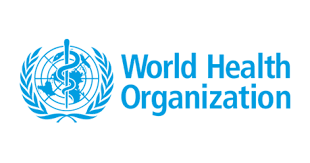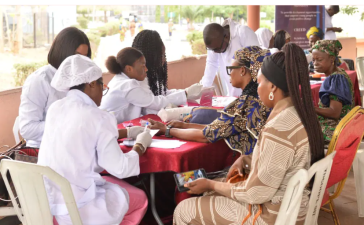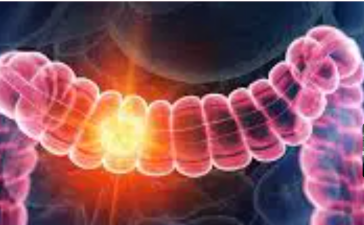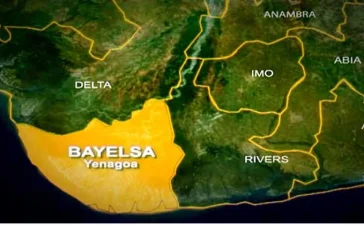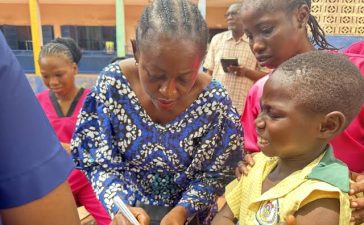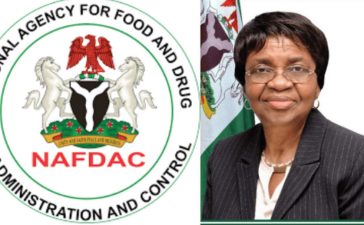As the world marks Childhood Cancer Awareness Month, the World Health Organisation (WHO) has revealed that no fewer than 400,000 children are diagnosed with cancer globally every year — the equivalent of three children every four minutes.
WHO highlighted a stark disparity in outcomes, noting that while more than 80 percent of children in high-income countries survive childhood cancer, only one in five survive in low- and middle-income nations. The organisation described this as “one of the most significant inequalities across cancer types.”
At a national childhood cancer stakeholder workshop in Egypt, survivors shared moving testimonies. One survivor said: “Cancer tried to break me, but the support of my doctors, my family, and my friends gave me strength. Today, I live to tell my story.” Another added: “The bonds I formed with other children battling cancer gave me hope on the darkest days.”
The workshop, inaugurated by Egypt’s Minister of Health and Population, Dr. Khaled Abdel-Ghaffar, brought together experts and survivors who called for urgent action to close the survival gap.
In 2018, WHO and St. Jude Children’s Research Hospital launched the Global Initiative for Childhood Cancer (GICC), with a target of raising global survival rates to at least 60 percent by 2030. Despite challenges such as conflicts and weak health systems, progress is being made under the WHO-backed CureAll Framework.
Eight countries — including Pakistan, Morocco, Syria, Libya, Jordan, Lebanon, and Egypt — have committed to prioritising childhood cancer care through national protocols for early diagnosis, standardised treatment, and financial protection for families. Morocco recently hosted the first regional workshop on paediatric palliative care, while Lebanon set up a Paediatric Cancer Committee involving survivors, nurses, social workers, and WHO representatives.
“Children’s survival depends on resilient health systems that provide prompt and effective treatment,” said Dr. Hanan Balkhy, WHO Regional Director for the Eastern Mediterranean. “No child should be denied a future simply because of where they are born.”
Access to affordable, effective, and safe medicines remains a major challenge. To address this, the Global Platform for Access to Childhood Cancer Medicines was launched in 2021 to pool procurement and reduce costs. Jordan joined the platform in 2023, followed by Pakistan in 2024.
“The Global Platform is a game-changer. It ensures that lifesaving medicines reach children who need them most, regardless of borders or economies,” Balkhy added.
As September continues to raise awareness of childhood cancer, WHO urged governments, civil society, and communities to intensify efforts to bridge the survival gap.
“Childhood cancer cannot always be prevented, but it can be cured if detected early and treated comprehensively. Every child deserves a chance to grow up healthy,” WHO stressed.

